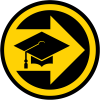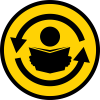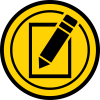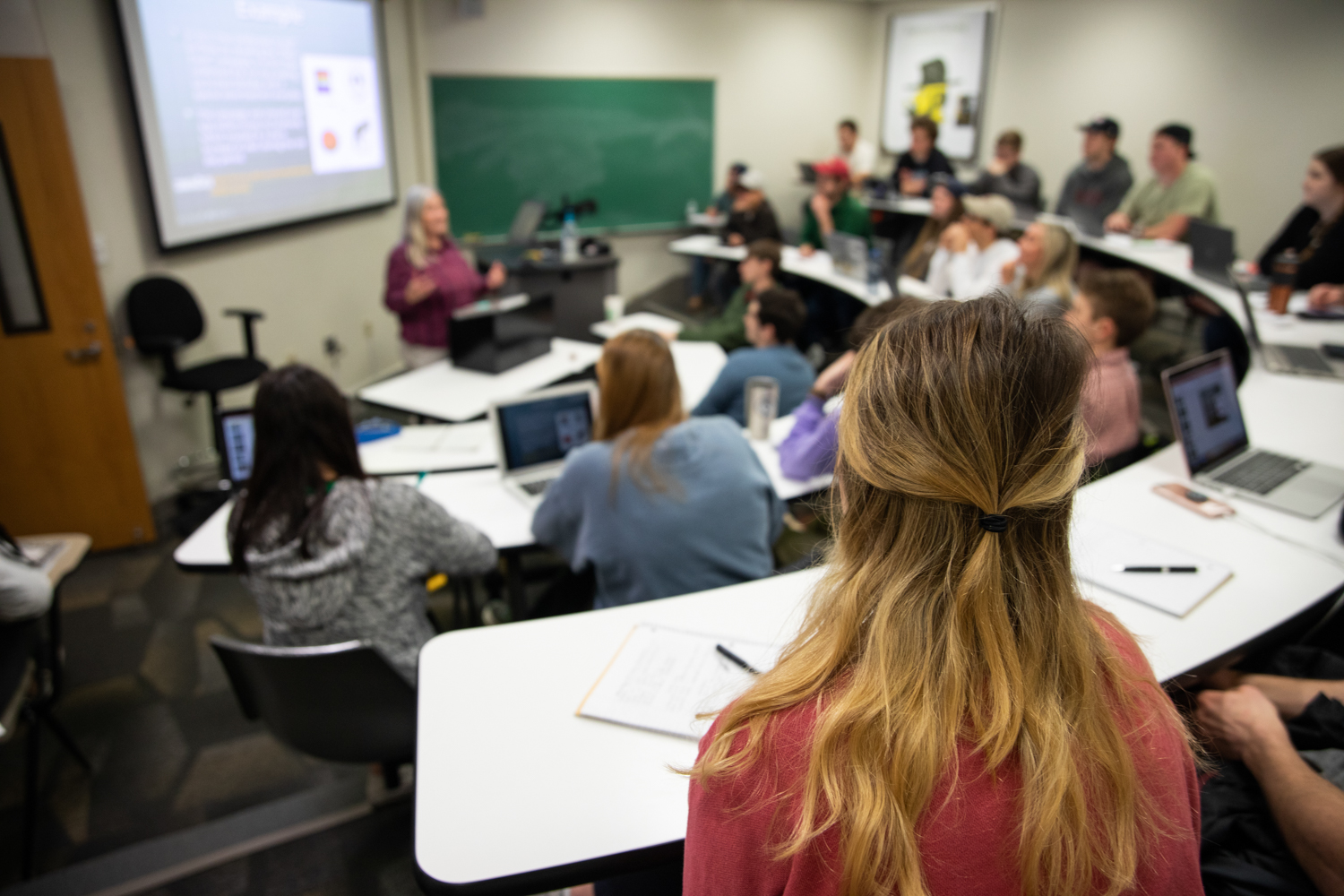The Student Learning Center is dedicated to helping students succeed throughout their academic journey. Many of the services and supports assist students in developing and enhancing their skills for academic success, including time management, effective study skills and connecting with appropriate campus resources.
Four-Year Roadmap
 The four-year roadmap provides a concise guide for getting the most out of your academic college experience from start to finish.
The four-year roadmap provides a concise guide for getting the most out of your academic college experience from start to finish.
Use the roadmap as a guide for planning and optimizing your own academic journey.
Communicating with Professors
 Developing strong communication skills with your professors, advisors and other university staff - both in-person and virtually - is essential for a successful academic journey and can greatly enhance your learning experience.
Developing strong communication skills with your professors, advisors and other university staff - both in-person and virtually - is essential for a successful academic journey and can greatly enhance your learning experience.
Time Management and Effective Study Skills
 Learn how you can master time management, power reading, and effective study techniques through strategic tips and for-credit academic success courses.
Learn how you can master time management, power reading, and effective study techniques through strategic tips and for-credit academic success courses.
Effective Note-Taking
 Effective note-taking is a skill that can transform your college experience by enhancing your understanding, retention, and organization of course material. There are a variety of styles and strategies for taking notes to help fit your learning style and specific course material needs.
Effective note-taking is a skill that can transform your college experience by enhancing your understanding, retention, and organization of course material. There are a variety of styles and strategies for taking notes to help fit your learning style and specific course material needs.
Standardized Testing and Test Prep Skills
Testing Services offers a wide variety of tests, including tests for licensure, certifications and graduate school requirements. Test taking tips and other test preparation resources for standardized testing are also available.
Request an Academic Strategy Workshop
Student Learning Center staff can speak on a variety of topics with respect to student success.
Submit a request to have a member of our staff present to your class or other university organization, or request to have a peer tutor speak with your students about tutoring options.
